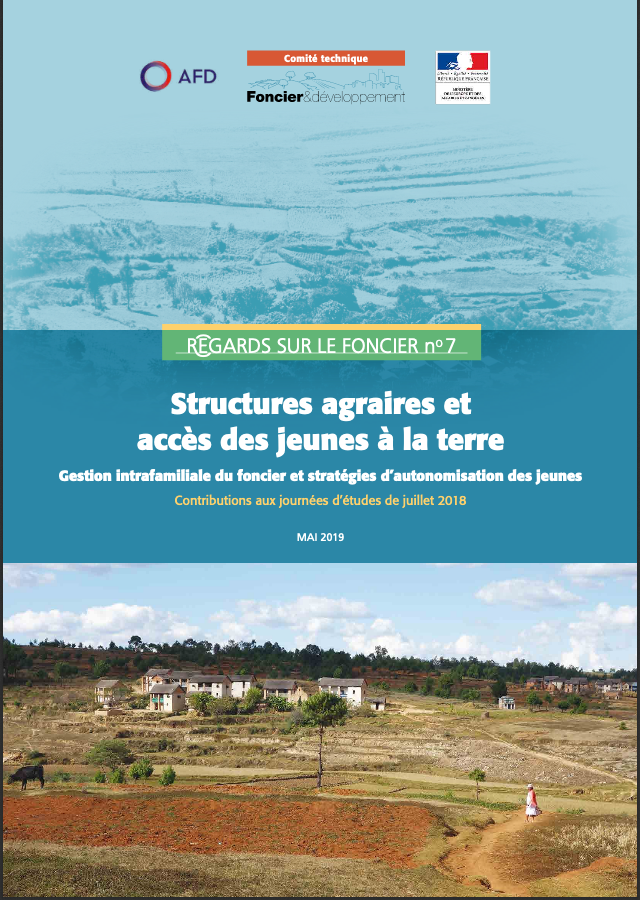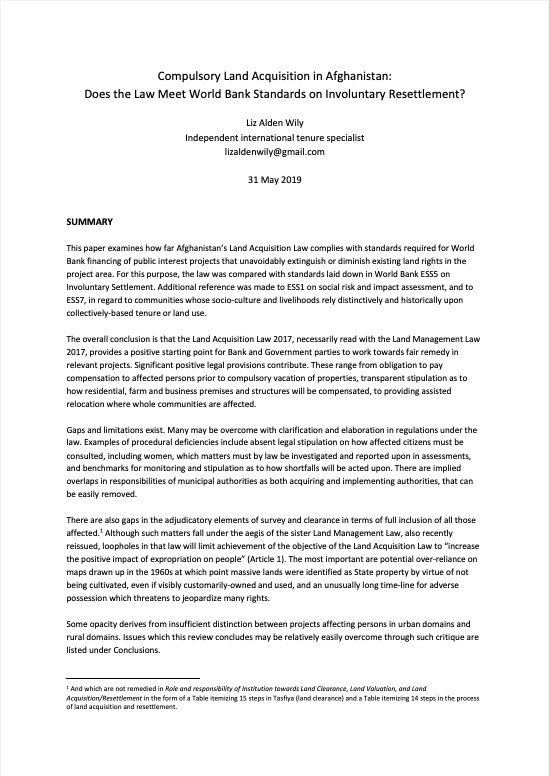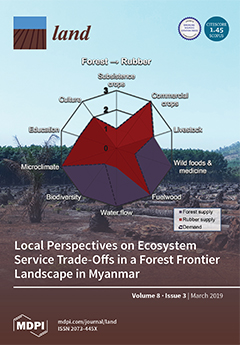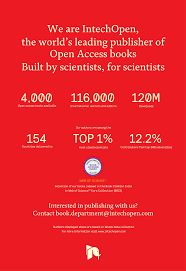Procedures, Practices and Issues Related to Leasing of Land for Large Scale Agricultural Investments
Large-scale agricultural investments (LSAI) in Ethiopia are expected to provide input for the processing industry and to bring foreign currency as well as technology transfer to the country, while the local communities will benefit from employment and infrastructure improvements related to these investments. But the results of investment projects have been rather limited so far. In the past, the land identification (and verification) process for LSAI, due to various reasons, was not implemented with the required accuracy, which often resulted in environmental and social problems.








